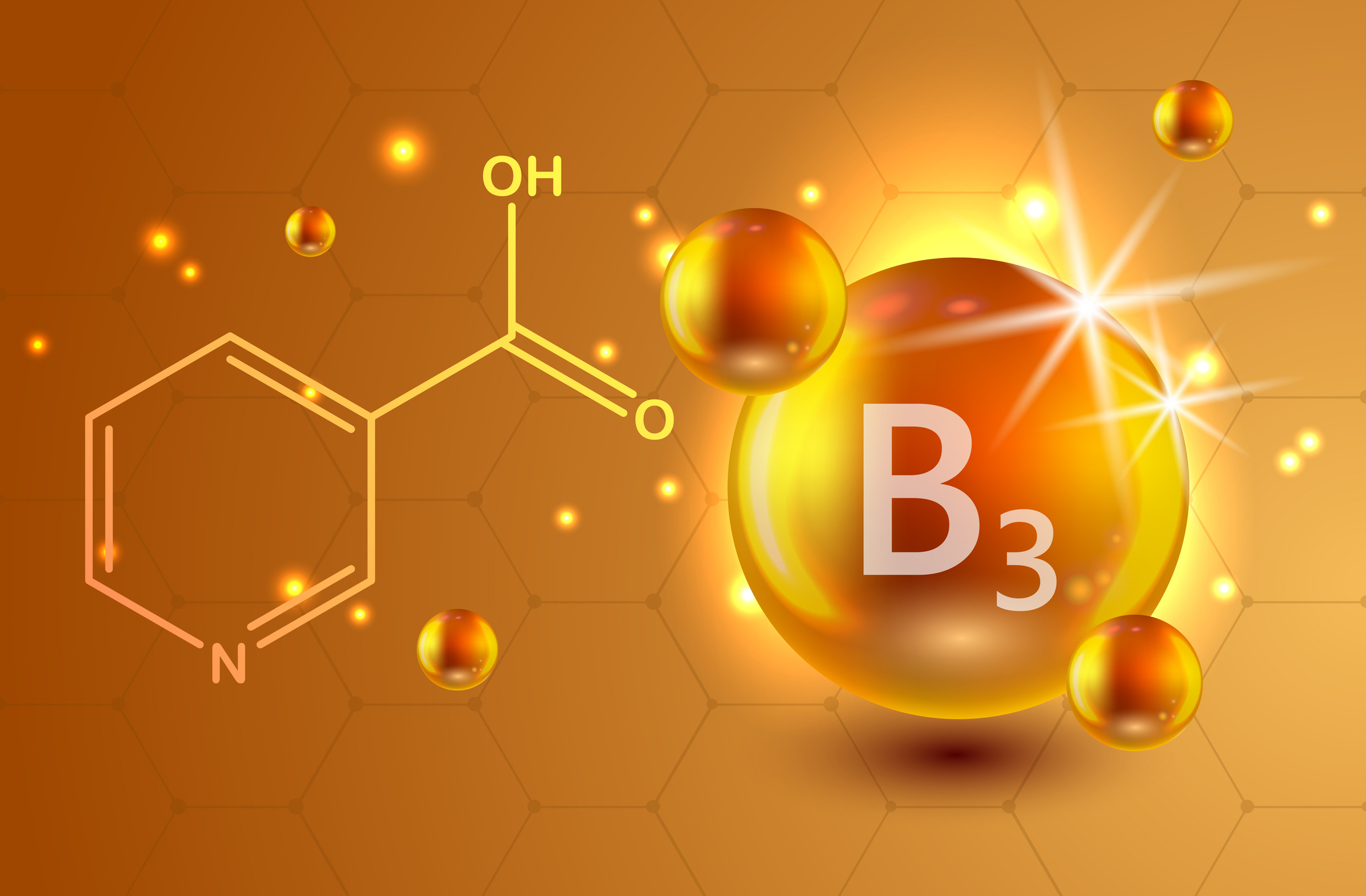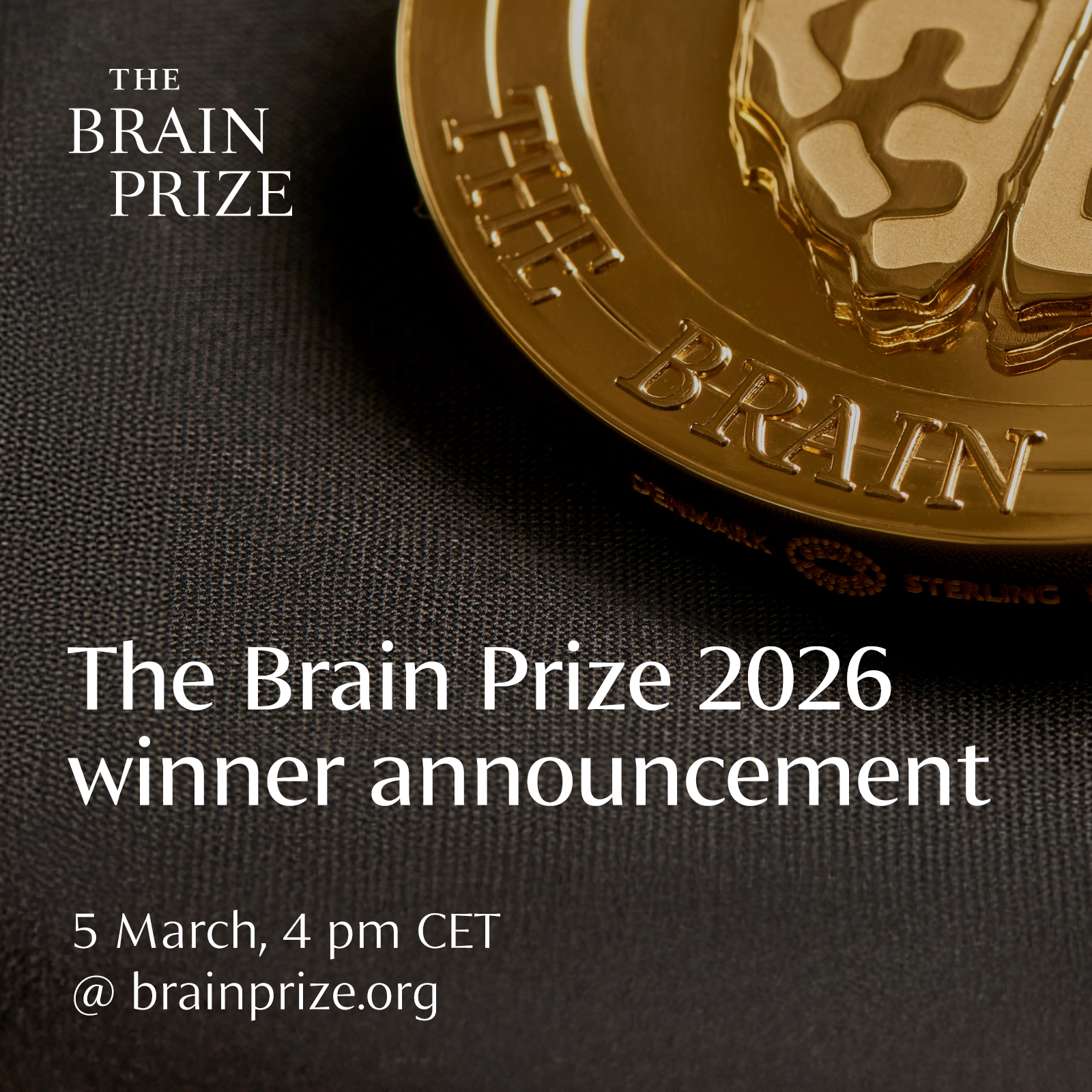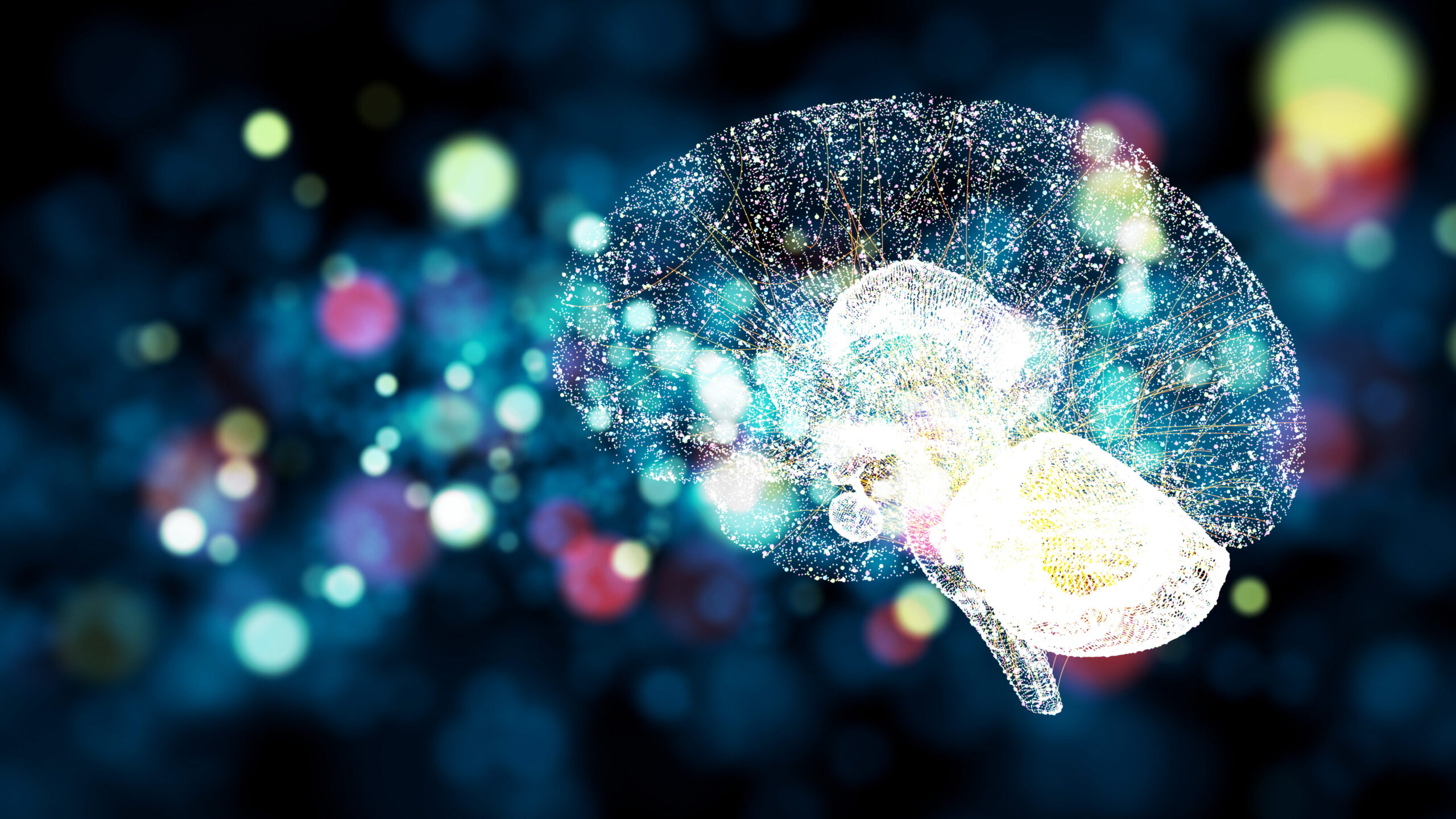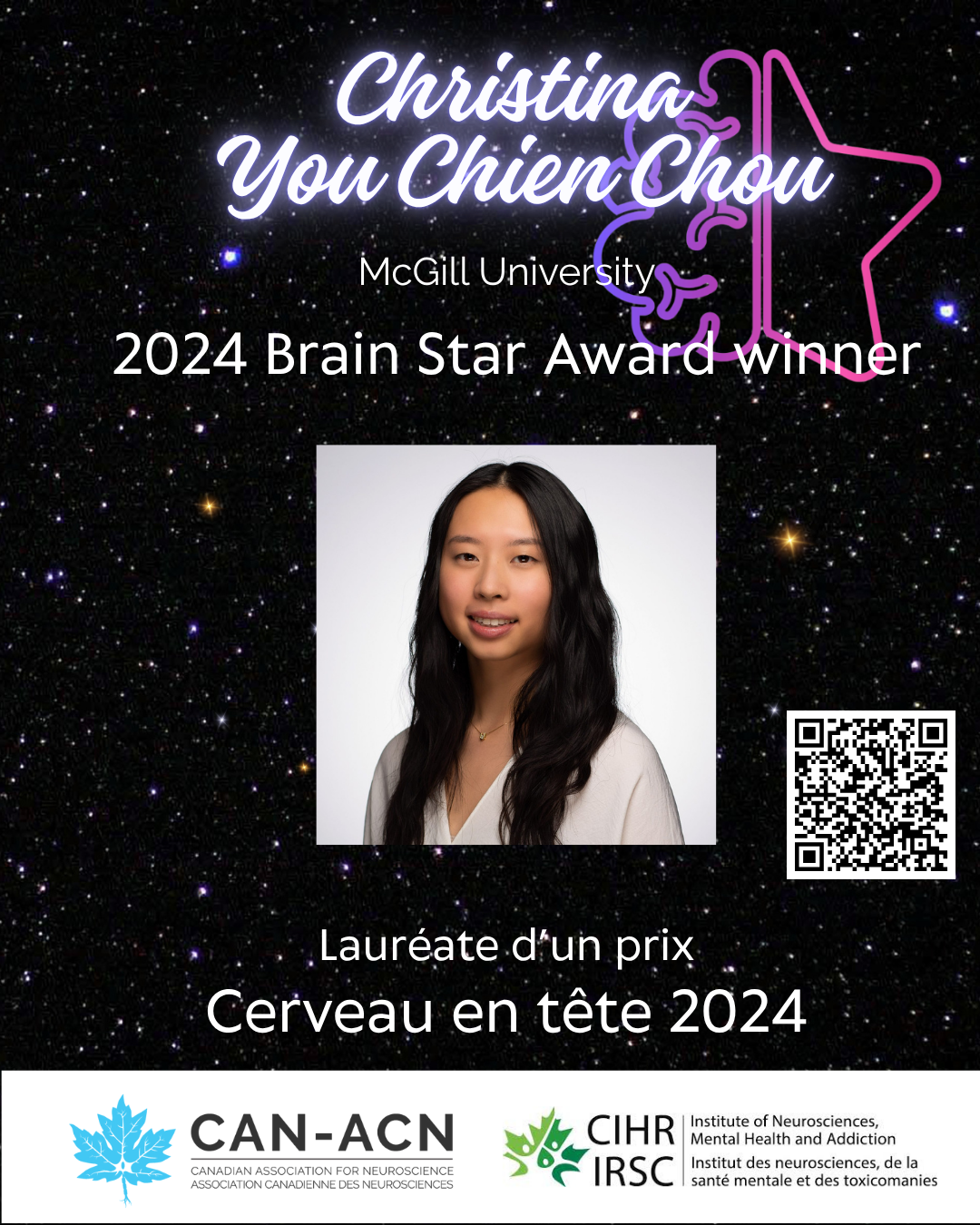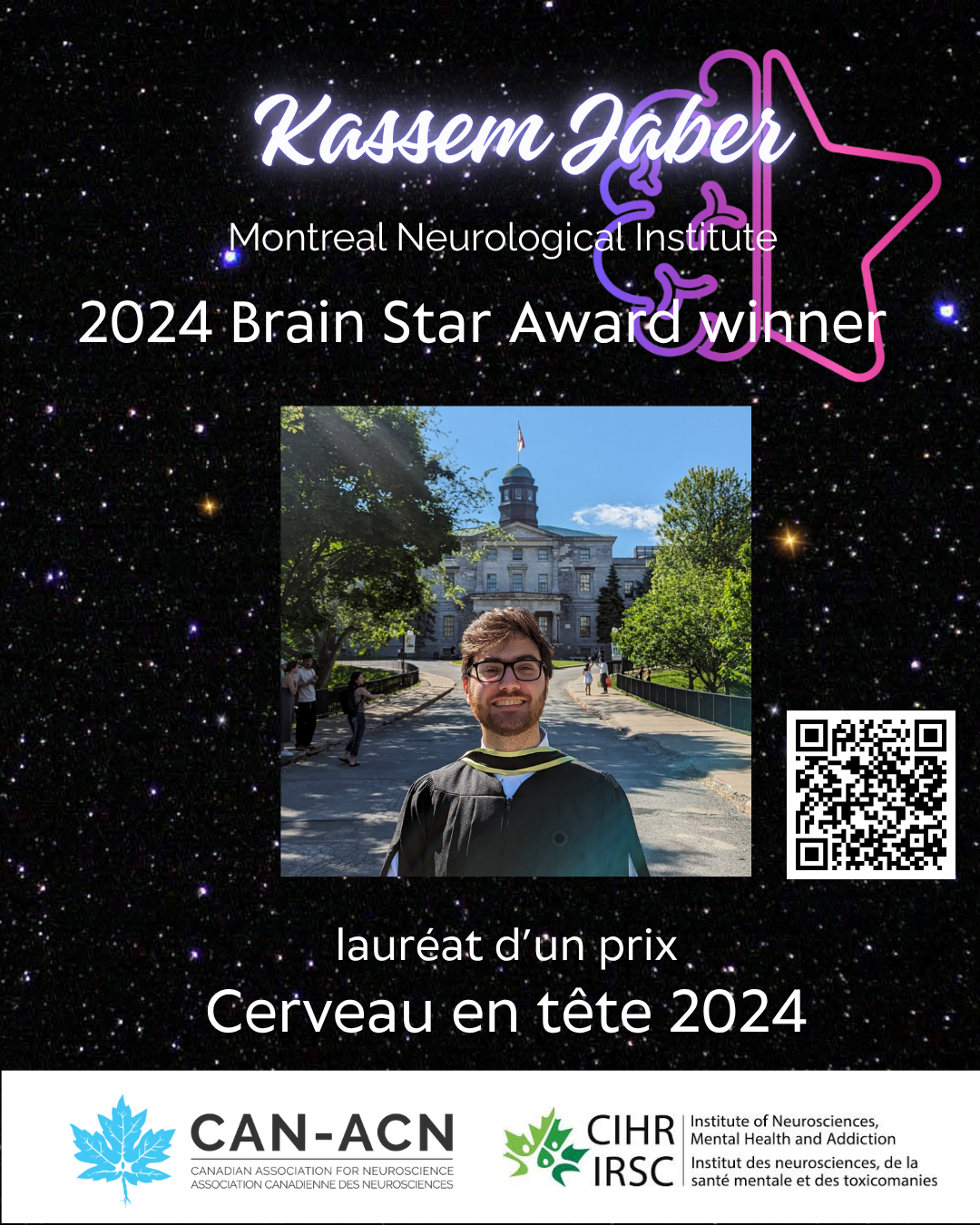Category: News
-
UCalgary study investigates the use of common vitamin to treat the aggressive brain cancer glioblastoma
Findings indicate vitamin B3 looks promising to help rearm a compromised immune system Story by Kelly Johnston, Cumming School of Medicine, University of Calgary published on Feb 11, 2026 University of Calgary and Hotchkiss Brain Institute researchers Voon Wee Yong and Gloria Roldan Urgoiti recently published a study in the Journal of Neuro-Oncology investigating whether adding…
-
CIHR impact story: Hope on the horizon for aggressive brain cancer
Dr. Arezu Jahani-Asl, a professor in molecular medicine at the University of Ottawa, knows firsthand about the devastating nature of glioblastoma and its impact on patients and families. “I have had friends and relatives diagnosed with glioblastoma. It is a heartbreaking disease for which there is no cure,” she explains. That’s why she is working…
-
Announcement of The Brain Prize 2026 will take place March 5
Tune in for the announcement on the Brain Prize website on March 5th at 4pm CET: https://brainprize.org/ The Brain Prize is the world’s largest neuroscience research prize, and it is awarded each year by the Lundbeck Foundation. The Brain Prize recognises highly original and influential advances in any area of brain research, from basic neuroscience…
-
Launch of the ALBA Database of scientists with disabilities
Calling all neuroscientists with disabilities!The ALBA Disability & Accessibility Working Group is creating a database to enhance representation, opportunities, and influence for disabled researchers. By joining, you can provide advice on accessibility-related initiatives, serve as a speaker or expert for conferences and workshops, or help improve policies and practices for inclusion in neuroscience.Don’t miss this…
-
Read our December newsletter!
We invite you to read our latest newsletter CAN Connection – December Edition
-
Announcing the new co-chair of the CAN Advocacy committee: Dr. Susanne Schmid
The Canadian Association for Neuroscience is proud to announce that Dr. Susanne Schmid, Professor and Vice-Dean Basic Medical Sciences at Western University has accepted the invitation to be co-chair of the CAN Advocacy Committee. CAN wishes to thank Dr. Liisa Galea for her many years of service in the role of co-chair of advocacy, and…
-
Read our latest newsletter: CAN Connection – Fall 2025
We invite you to read our latest newsletter: CAN Connection – Fall 2025
-
Brain Star Award Feature: Christina You Chien Chou – McGill University
An optomapping approach to better understand connections in the visual cortex of the brain In the brain, information is passed from neuron to neuron via connections called synapses. Synaptic dysfunction unsurprisingly underlies many neurological diseases, such as autism, schizophrenia, and epilepsy. Understanding how synapses are wired up in a cell-type-specific way is fundamental to understanding…
-
CAN submits a brief to the Department of Finance pre-budget consultations
We invite you to read our submission to the Department of Finance pre-budget consultations
-
Brain Star Award Feature: Kassem Jaber, Montreal Neurological Institute
A new framework to assess placement of electrodes in the brain for epilepsy surgery Epilepsy is a chronic condition that is characterized by spontaneous recurring seizures. In clinical practice, the region which generates seizures is called the epileptic focus. The location of the focus can be localized by electrical measurement of brain activity, known as…

